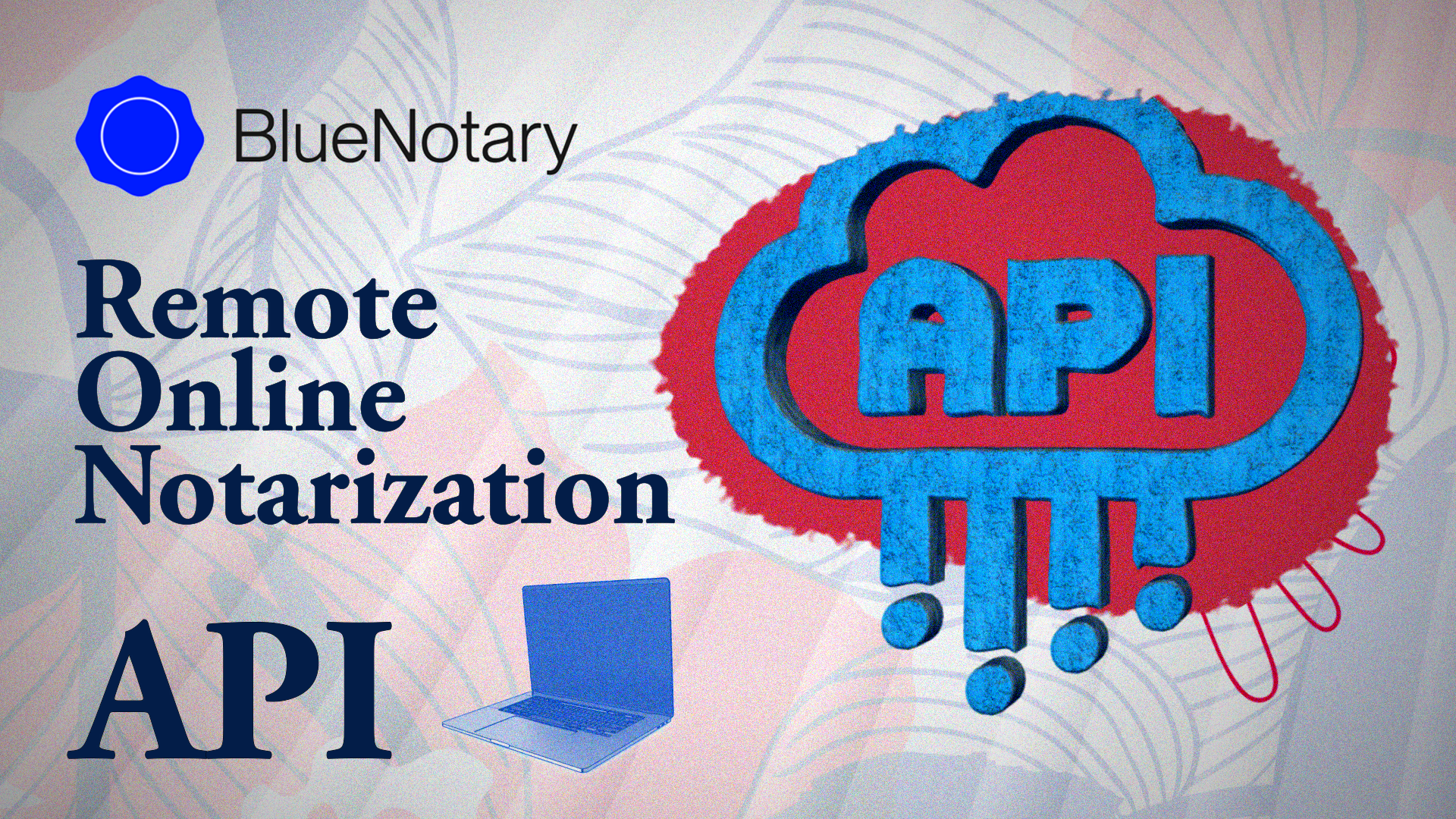Legal battles involving power lawsuits often make headlines, capturing attention with their high stakes and far-reaching consequences. These cases typically revolve around disputes in energy, utilities, or corporate power struggles, impacting industries, communities, and individuals alike. Whether it’s a fight over renewable energy policies or allegations of corporate misconduct, power lawsuits shape the future of how energy and authority are managed.
Understanding the complexities of a power lawsuit is essential, as these cases often set legal precedents and influence regulatory frameworks. They highlight the intersection of law, ethics, and economics, making them pivotal in shaping industries and protecting public interests. From environmental concerns to corporate accountability, power lawsuits are more than just courtroom drama—they’re battles that define the balance of power in society.
Understanding Power Lawsuits
Power lawsuits involve legal disputes centered on energy, utilities, or corporate dominance. These cases frequently include conflicts over resource allocation, environmental compliance, breach of contracts, or unfair competition. Examples include disputes surrounding renewable energy project contracts or violations of antitrust laws by energy corporations.
Three main aspects shape power lawsuits:
- Regulatory Compliance: Energy companies face lawsuits for non-compliance with environmental policies or energy-specific regulations. For instance, violating carbon emissions laws can lead to substantial penalties.
- Contractual Disputes: Conflicts arise over terms in energy agreements, such as power purchase agreements (PPAs) or construction contracts for energy infrastructure.
- Corporate Accountability: Lawsuits occur where corporations exploit monopolistic practices, ignore transparency obligations, or breach fiduciary duties within their governance structures. For example, cases where companies manipulate energy markets highlight this concern.
These cases impact policies, market stability, and environmental integrity while determining the framework for equitable resource distribution and corporate regulation.
Key Elements Of A Power Lawsuit
Power lawsuits involve intricate legal frameworks addressing disputes in energy, utilities, or corporate dominance. Understanding their key elements helps clarify their structure and significance.
Common Legal Grounds
Legal grounds in power lawsuits often include regulatory non-compliance, contractual disputes, and competition law violations. Regulatory non-compliance arises when businesses violate environmental or operational standards defined by laws such as the Clean Air Act or the Federal Power Act. Contractual disputes occur over issues like pricing, delivery terms, or performance clauses in energy agreements. Competition law violations involve anti-competitive practices, including monopolies or unfair trade restrictions.
Parties Involved
Parties in power lawsuits typically include corporations, regulatory bodies, and consumer or environmental advocacy groups. Corporations may represent energy providers, utility companies, or businesses engaged in resource trading. Regulatory bodies, like the Federal Energy Regulatory Commission (FERC), oversee compliance and initiate legal actions when violations occur. Advocacy groups advocate for consumer rights or environmental protection, often participating as complainants or third-party stakeholders.
Typical Legal Processes
Legal processes in power lawsuits often begin with filing a claim in federal or state courts or before a regulatory commission. Pre-trial procedures, including discovery, document exchanges, and depositions, focus on evidentiary compilation. Hearings or trials resolve specific claims, with plaintiffs seeking damages, injunctions, or regulatory changes. Post-trial processes, including appeals, frequently address contested rulings or enforcement measures.
Notable Power Lawsuit Cases
Power lawsuits have shaped legal frameworks, influenced corporate conduct, and addressed key issues in energy and utilities sectors. Examining landmark cases and recent developments highlights their impact on policy and regulation.
Landmark Cases
- Massachusetts v. EPA (2007): The Supreme Court ruled that the Environmental Protection Agency (EPA) could regulate greenhouse gas emissions under the Clean Air Act. This case set a precedent for addressing climate change through regulatory oversight.
- Texas Utilities Bankruptcy (2007): In one of the largest utility-related bankruptcies, TXU Corp. faced litigation over financial mismanagement after a leveraged buyout. The case impacted corporate governance within the energy industry.
- California Electricity Crisis (2000-2001): Lawsuits arose from allegations of market manipulation by firms like Enron, leading to significant regulatory reform in electricity trading and stricter oversight of corporate power practices.
Challenges In Power Lawsuit Litigation
Power lawsuit litigation involves multifaceted legal and practical challenges due to the complex regulatory, economic, and environmental contexts they impact. These challenges influence the legal strategies deployed and the outcomes for stakeholders across industries.
Legal Complications
Power lawsuits present intricate legal issues arising from overlapping regulatory frameworks, varied jurisdictions, and technical subject matter. Regulatory conflicts occur when federal and state laws impose contradictory obligations on energy companies, complicating compliance. Jurisdictional overlaps, especially in cases involving multinational corporations, create procedural hurdles in determining applicable laws and courts. Complex technical evidence, such as emissions data or energy market analytics, requires expert testimony, raising litigation costs and prolonging trials.
For instance, in antitrust cases involving monopolistic behavior, determining violations of competition laws entails analyzing market structures, pricing models, and consumer impacts. Similarly, environmental compliance lawsuits demand detailed assessments of industry standards and ecological risks, making litigation highly resource-intensive.
Impacts On Stakeholders
Power lawsuits significantly affect stakeholders, including corporations, regulatory bodies, communities, and advocacy groups. Corporations often face reputational damage, financial penalties, and operational disruptions. These outcomes may reduce investor confidence and pose long-term risks to business sustainability. Regulatory bodies experience increased scrutiny of enforcement practices, with successful litigation setting stricter precedents for future compliance monitoring.
Communities dependent on energy and utilities face service interruptions or elevated costs when legal disputes disrupt operations. Advocacy groups leverage these lawsuits to influence public opinion and policy reforms, intensifying pressure on corporations to prioritize accountability and environmental stewardship. For example, consumer advocacy groups played a crucial role during the California Electricity Crisis, driving regulatory changes to prevent market manipulation.
Tips For Navigating A Power Lawsuit
Navigating a power lawsuit involves strategic preparation, legal expertise, and managing external factors. Understanding critical aspects can significantly impact the outcome.
Importance Of Legal Representation
Experienced legal representation plays a vital role in power lawsuits. Attorneys specializing in energy regulations, corporate law, or environmental compliance ensure accurate case formulation. They negotiate settlements, interpret complex statutes, and advocate effectively in court. For example, energy disputes often involve compliance with federal laws like the Clean Air Act, requiring attorneys with domain expertise to address specific issues. Skilled counsel also helps mitigate risks by advising on regulatory updates, legal defenses, and litigation strategies.
Handling Public Perception
Public perception influences the reputational outcomes of power lawsuits. Transparent communication strategies address stakeholder concerns and reduce misinformation. Corporations often issue press releases or engage public relations teams to manage narratives around allegations, such as regulatory violations. Advocacy or community groups may amplify cases, increasing scrutiny. Proactive engagement, coupled with responses tailored to judicial developments, minimizes reputation damage and aligns corporate messaging with resolution efforts.
Discover the Power of BlueNotary:
Integrate your Business, Title Company, or Law Firm to Satisfy your Customers and Decrease Turnaround
Get a document Notarized/Sign-up
Join the Free Notary Training Facebook Group
Conclusion
Power lawsuits play a pivotal role in shaping industries, regulatory frameworks, and societal values. These legal battles address critical issues like environmental compliance, corporate accountability, and fair competition, driving significant changes across economic and legal landscapes.
Understanding the complexities of power lawsuits is essential for navigating their far-reaching impacts. Whether influencing policy reform or holding corporations accountable, these cases underscore the importance of legal expertise, strategic preparation, and proactive stakeholder engagement.
As the energy and corporate sectors continue to evolve, power lawsuits will remain a powerful tool for ensuring balance, transparency, and accountability in an increasingly complex world.
Frequently Asked Questions
What is a power lawsuit?
A power lawsuit typically involves legal disputes in the energy, utilities, or corporate sectors. These cases often address issues like regulatory non-compliance, contractual breaches, or anti-competitive practices, impacting policies, market stability, and environmental standards.
Why are power lawsuits important?
Power lawsuits are critical because they shape legal precedents, influence energy policies, and enforce corporate accountability. They also impact communities, industries, and individuals by addressing ethical, economic, and regulatory issues.
What are common legal grounds for power lawsuits?
The most common grounds include regulatory violations, such as environmental compliance failures; contractual disputes over terms like pricing or delivery; and anti-competitive practices under competition law.
Who are the key parties involved in power lawsuits?
Key participants usually include corporations, regulatory bodies, and advocacy groups. Each plays a crucial role, from filing claims to influencing public opinion and policymaking.
What are examples of notable power lawsuit cases?
Famous examples include Massachusetts v. EPA (2007), which allowed greenhouse gas regulation, and the California Electricity Crisis, which led to significant regulatory reforms due to market manipulation allegations.
How do power lawsuits impact stakeholders?
Corporations may face financial losses and reputational damage, regulators face scrutiny, while communities could experience service disruptions. Conversely, advocacy groups often use these lawsuits to promote reforms.








